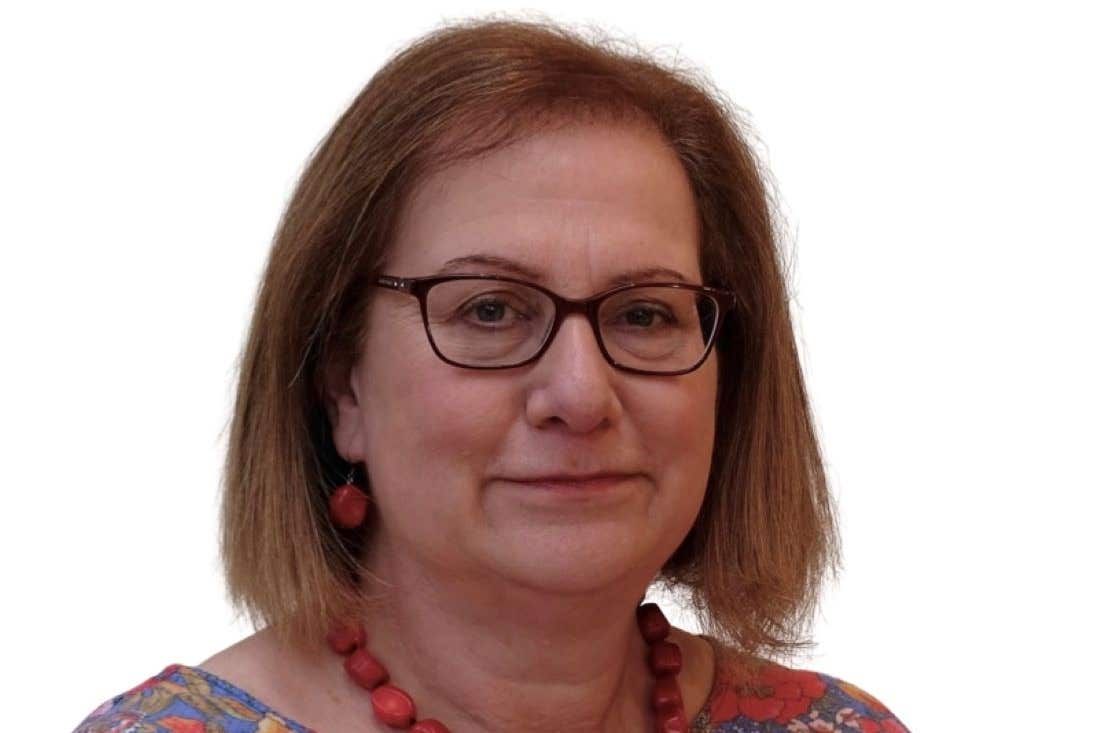Doctor who led gender care review says ‘toxicity of debate is exceptional’
Hilary Cass says people have been ‘afraid to talk openly’ about subject

Your support helps us to tell the story
From reproductive rights to climate change to Big Tech, The Independent is on the ground when the story is developing. Whether it's investigating the financials of Elon Musk's pro-Trump PAC or producing our latest documentary, 'The A Word', which shines a light on the American women fighting for reproductive rights, we know how important it is to parse out the facts from the messaging.
At such a critical moment in US history, we need reporters on the ground. Your donation allows us to keep sending journalists to speak to both sides of the story.
The Independent is trusted by Americans across the entire political spectrum. And unlike many other quality news outlets, we choose not to lock Americans out of our reporting and analysis with paywalls. We believe quality journalism should be available to everyone, paid for by those who can afford it.
Your support makes all the difference.The doctor who led the review into children’s gender services in England had already called for the “animosity” in an often-controversial conversation to be set aside but has now told how she herself faced criticism as she carried out her work.
Dr Hilary Cass said young people have been “caught in the middle of a stormy social discourse” where there is polarisation and a stifling of debate.
She had previously noted in a video explaining her work that people are “afraid to talk openly” and appealed for the public to “put the animosity aside to come to a shared consensus”.
I have faced criticism for engaging with groups and individuals who take a social justice approach and advocate for gender affirmation, and have equally been criticised for involving groups and individuals who urge more caution
But in a strongly worded foreword to her final report, published on Wednesday, she said the “toxicity of the debate is exceptional”.
She wrote: “I have faced criticism for engaging with groups and individuals who take a social justice approach and advocate for gender affirmation, and have equally been criticised for involving groups and individuals who urge more caution.”
Asked further about this as her report was published, she said there had been meetings involving “very aggressive people” while some people had “emailed in critically”.
She added: “But interestingly, I have to say that those are the exceptions of the people that we’ve engaged with.
“The vast majority of the people that we’ve engaged with on all sides of the debate have been respectful and have worked with us in a very trusting relationship.”
The former president of the Royal College of Paediatrics and Child Health was appointed to lead the Independent Review of Gender Identity Services for children and young people in 2020.
Dr Cass was previously chief of the British Academy of Childhood Disability and senior clinical adviser for child health for Health Education England.
She worked as a tertiary neurodisability consultant from 1992 to 2018 and, while now retired from clinical practice, remains an honorary consultant paediatrician at Evelina London Children’s Hospital at Guy’s and St Thomas’ NHS Foundation Trust.
In her final report, she made clear that her review had not been about “defining what it means to be trans, nor is it about undermining the validity of trans identities”, but rather it is “about what the healthcare approach should be, and how best to help” the rising number of children and young people seeking NHS support around gender identity.
She detailed speaking to transgender adults who feel “empowered by having made the decision to transition”, and others who have detransitioned, “some of whom deeply regret their earlier decisions”.
I think everybody knows that this is an area in which there are incredibly strongly held views. And the debate can get very toxic because of that
She also spoke to parents with “very different perspectives” including some who had “fought to get their children on to a medical pathway” and others who “described their dismay about actions taken without their consent and in ignorance of the various other difficulties their child may have been through”.
Dr Cass wrote: “The surrounding noise and increasingly toxic, ideological and polarised public debate has made the work of the review significantly harder and does nothing to serve the children and young people who may already be subject to significant minority stress.”
Asked about how the toxicity of the debate had affected her personally, she said it is “really frustrating”, with “point-scoring” meaning people feel they cannot talk openly about what the right thing for children is.
She added: “Having said that, if people asked me ‘would I do this again?’ the answer is yes.
“Because I’ve become more and more passionate as time has gone on, about wanting to see things change for this group of young people.”